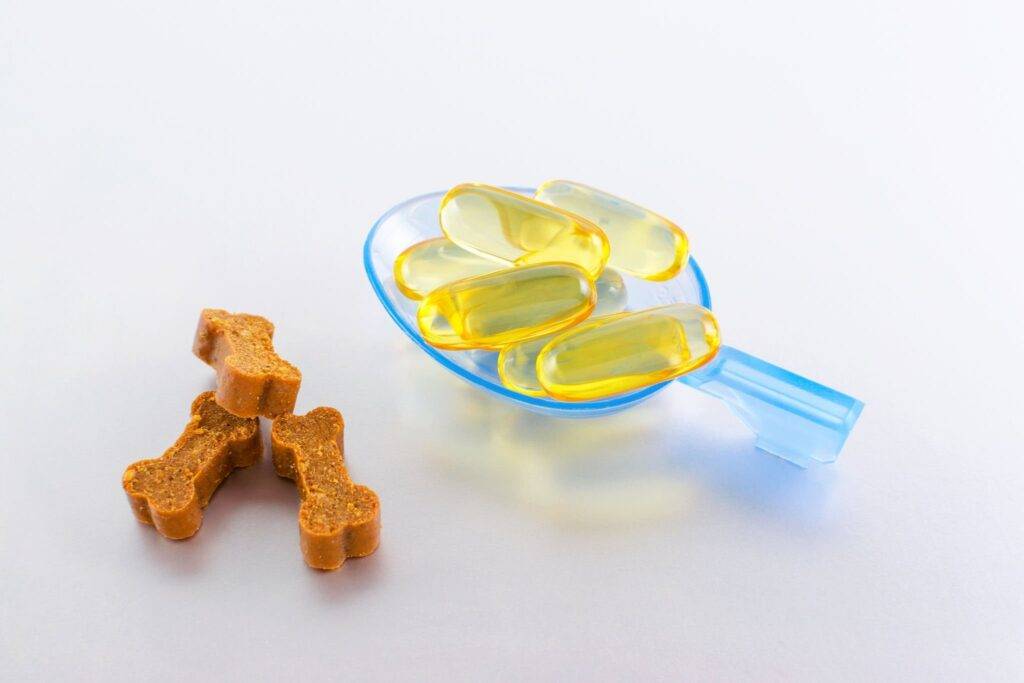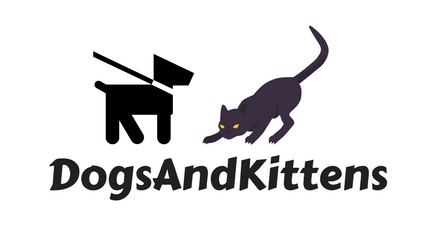
Vitamins in Dog Food
Vitamins are bio-molecules that are essential for the proper growth, maintenance, and reproduction of cells in the body. Adding vitamins to a dog’s diet can provide them with extra energy, improve their condition, and aid in their recovery from specific ailments. The vitamin needs of a dog can be affected by factors such as breed, age, and activity level. Puppies and older dogs are more likely to need vitamin supplements than healthy dogs in their prime.
Most commercially processed dog foods carry the Association of American Feed Control Officials (AAFCO) label, indicating that they provide a complete and balanced diet that includes necessary vitamins and minerals. However, dogs fed a homemade diet may require vitamin supplements. It is crucial to consult a veterinarian or nutritionist to determine what, if anything, is needed to supplement the dog’s diet.
Vitamins A, D, E, and K each play a specific role in a dog’s health. Vitamin A supports vision and immune system function, while vitamin D aids in the absorption of calcium and phosphorus for strong bones and teeth. Vitamin E is an antioxidant that helps protect cells from damage, and vitamin K is essential for blood clotting.
When adding vitamins to a dog’s diet, it is important to do so in a way that matches the diet. Simply adding a vitamin supplement to a homemade meal may not provide the dog with the necessary nutrients. Consulting a professional can ensure that the dog is receiving the appropriate vitamins and in the proper amounts.
Overall, ensuring that a dog receives the necessary vitamins through their diet can lead to improved health and well-being.
Here’s What Vitamins A, D, E, and K Each Do
- Vitamin A: is important for maintaining good eyesight and healthy skin. It also supports the immune system and helps with growth and development.
- Vitamin D: is essential for building strong bones and teeth. It helps the body absorb calcium and phosphorus, which are necessary for bone growth.
- Vitamin E: is an antioxidant that helps protect cells from damage. It also helps with the formation of red blood cells and supports the immune system.
- Vitamin K: is necessary for blood clotting and wound healing. It also helps with bone health and may play a role in preventing heart disease.

How to: Adding Vitamins to Dog Food
Instructions:
- Offer the vitamins to your dog in syrup, tablet, or pill form. Many dogs will accept their daily vitamin dose without hesitation by swallowing the tablet or licking the syrup off a plastic spoon.
- Disguise the daily vitamin ration in a favorite treat if the dog won’t accept it in its original form. This is still a quick and easy method, and you’ll know that the full dose has been taken.
- Hide the vitamins in your dog’s favorite meal if all else fails. Vitamins, in all of their forms, are easy enough to hide in your dog’s typical meal. Tablets may need to be crushed to prevent the dog from detecting and rejecting them.
- Add the complex vitamin B to your dog’s diet, as these substances are responsible for a variety of vital functions. B-3 is required to convert the food your dog eats into energy, while B-1 or thiamine prevents nerve and heart disease.
- Include water-soluble vitamin B complex vitamins and ascorbic acid in your dog’s food on a daily basis. These vitamins cannot be stored by the body and must be given on a daily basis. It’s not easy to overdose on these vitamins because they are simply eliminated through urine.
- Include fat-soluble vitamins like vitamins A, D, E, and K in your dog’s diet as well, but keep in mind that dogs cannot eliminate an excess of these vitamins, as they can in the case of water-soluble vitamins.
It’s important to keep in mind the proper dosage of vitamins for your dog. Overdosing on certain vitamins can cause harm to your dog. Consult with your veterinarian before adding any supplements to your dog’s diet.
It’s also important to note that most commercial dog foods contain all the necessary vitamins and minerals for a healthy diet. If you’re considering adding vitamins to your dog’s diet, it may be worth evaluating their current diet and consulting with a veterinarian to determine if it’s necessary.
Reference Links:
Which Vitamins Does Your Dog Need?
Diabetic Dog Food (leading to our article on the importance of diabetic dog food)

[…] Are added vitamins in dog food worth the Price? […]